Home>Garden Essentials>How Long Swiss Chard Germinate
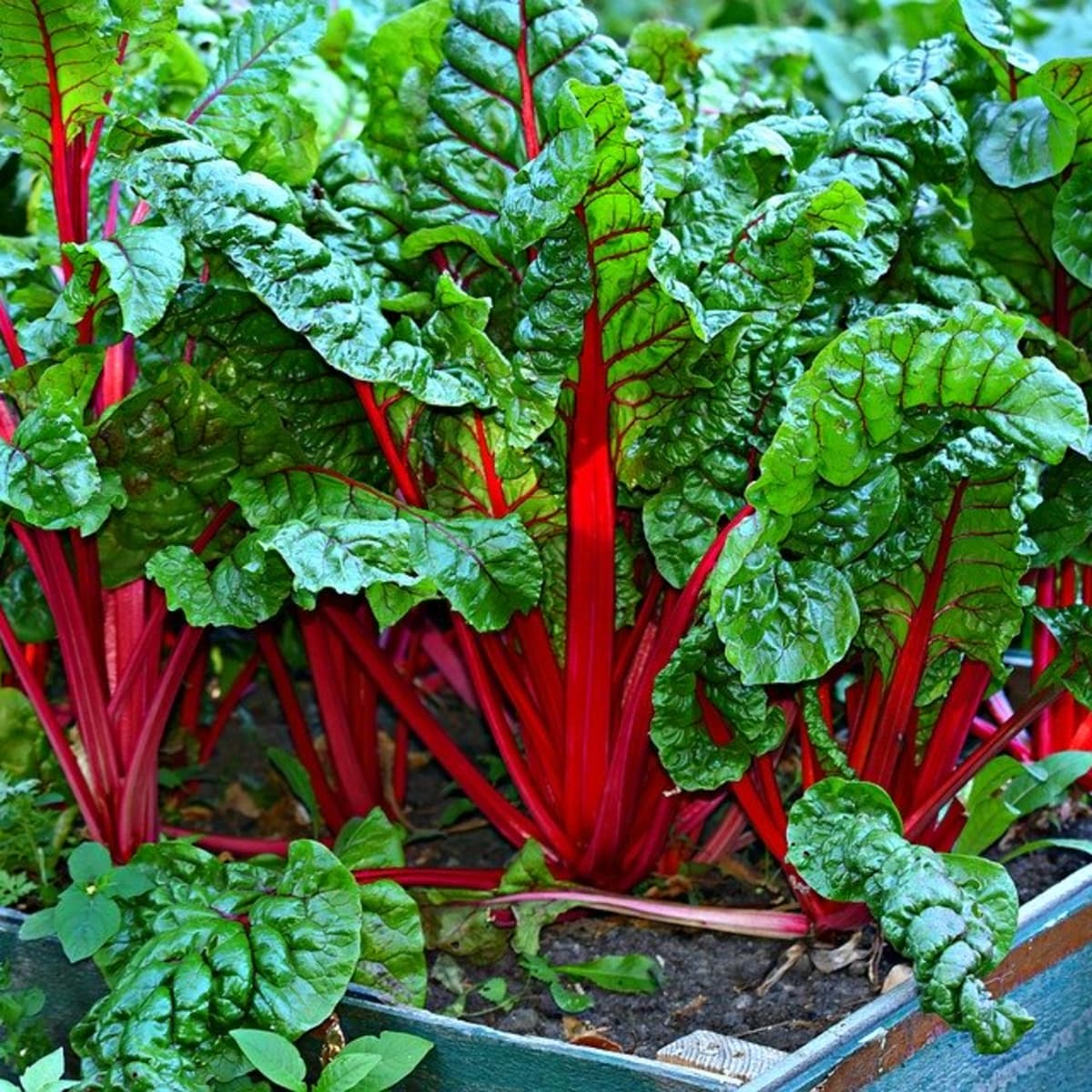

Garden Essentials
How Long Swiss Chard Germinate
Modified: April 22, 2024
Learn how long it takes for Swiss chard to germinate in your garden. Discover the ideal conditions for successful germination and healthy growth.
(Many of the links in this article redirect to a specific reviewed product. Your purchase of these products through affiliate links helps to generate commission for Storables.com, at no extra cost. Learn more)
Introduction
Gardening enthusiasts and home growers who have a deep appreciation for leafy greens are likely familiar with Swiss chard. This versatile and nutritious vegetable is not only a delight to have in the garden but also a rewarding addition to any plate. To enjoy the vibrant and flavorful Swiss chard leaves, it is crucial to understand the germination process. How long does Swiss chard take to germinate? This article will guide you through the ins and outs of Swiss chard germination, helping you to maximize your gardening success.
Swiss chard, scientifically known as Beta vulgaris subsp. cicla, is a member of the beet family and shares similarities in terms of germination. It is a cool-season crop that is not only prized for its nutritional value but also for its colorful stems that come in shades of white, yellow, red, and even rainbow combinations. Swiss chard is packed with essential nutrients such as vitamins A, C, and K, as well as minerals like iron and calcium, making it a fantastic addition to any healthy diet.
Understanding the process of Swiss chard germination is essential for gardeners looking to cultivate this versatile vegetable. Germination refers to the process in which a seed sprouts and starts to grow into a plant. During germination, the seed absorbs water and swells, causing the protective seed coat to crack open. Within the seed, the embryo emerges and begins to push through the soil, forming the first roots and leaves.
The germination process can vary depending on several factors, including environmental conditions, seed quality, and variety. Each seed has its own unique germination requirements, and getting them right is crucial for successful cultivation. By understanding these factors and providing optimal conditions, you can greatly enhance Swiss chard germination rates and ensure your garden thrives with healthy plants.
Key Takeaways:
- Swiss chard seeds typically take 7 to 14 days to germinate, but factors like temperature and moisture can affect the timeframe. Patience and proper care are key to successful germination.
- Providing optimal conditions such as temperature, moisture, and soil quality greatly improves Swiss chard germination rates. Pre-soaking seeds and protecting from harsh weather can further enhance success.
Read more: How To Germinate Swiss Chard
Understanding Swiss Chard Germination
Swiss chard seeds, like many other vegetable seeds, have specific conditions they require for successful germination. Understanding the germination process and the factors that influence it will help you provide the ideal conditions for your Swiss chard seeds to sprout and grow.
Swiss chard seeds have a hard outer seed coat that acts as a protective layer. This seed coat needs to be softened and weakened before germination can occur. Moisture is a key factor in breaking down the seed coat and allowing the seed to sprout. When the seed absorbs water, it triggers a series of biochemical reactions that activate enzymes and initiate the growth process.
Another important aspect of Swiss chard germination is temperature. Swiss chard is a cool-season crop, which means it prefers cooler soil temperatures for germination. The optimal temperature range for Swiss chard germination is between 50°F (10°C) and 85°F (29°C). Temperatures outside of this range can result in poor germination rates or delayed germination.
Light is not a critical factor for Swiss chard germination. In fact, Swiss chard seeds usually germinate in the dark. However, once the seedling emerges from the soil, it requires adequate light for photosynthesis and healthy growth.
Swiss chard seeds also require oxygen to germinate. Overly compacted or waterlogged soil can limit the amount of oxygen available to the seeds, hindering germination. It is important to provide well-draining soil that allows for proper air circulation and root growth.
Finally, Swiss chard seeds have varying dormancy periods. Dormancy is a state of inactivity and can lengthen the time it takes for a seed to germinate. Some Swiss chard varieties may have naturally longer dormancy periods, while others may have been bred to have reduced dormancy. Understanding the dormancy characteristics of the Swiss chard seeds you are planting can help you plan and adjust your germination strategies accordingly.
By comprehending these key aspects of Swiss chard germination, you can make informed decisions when it comes to providing the optimal conditions for your seeds. This understanding will greatly increase your chances of successful germination and ensure healthy Swiss chard plants in your garden.
Factors Affecting Swiss Chard Germination
Several factors can impact the germination of Swiss chard seeds. Understanding and addressing these factors will help you create the best environment for successful germination and healthy plant growth.
Seed Quality: The quality and viability of the seeds play a significant role in germination success. It is essential to source high-quality seeds from reputable suppliers to ensure good germination rates. Quality seeds are more likely to have a higher percentage of viable seeds, increasing the chances of successful germination.
Soil Temperature: Soil temperature is a critical factor in Swiss chard germination. As a cool-season crop, Swiss chard prefers soil temperatures between 50°F (10°C) and 85°F (29°C). Cooler temperatures can slow down germination, while temperatures above the optimal range can hinder or prevent germination altogether.
Moisture: Proper moisture levels are essential for Swiss chard germination. The seeds require adequate moisture to break dormancy and initiate the germination process. However, excess moisture can lead to rot or fungal diseases. It is important to keep the soil consistently moist but not waterlogged.
Soil Quality: Swiss chard prefers well-draining soil that is rich in organic matter. Soil that is too compacted or heavy can impede water absorption, air circulation, and root growth, which can hinder germination. Prepare the soil by loosening it and incorporating organic matter to improve its texture and fertility.
Planting Depth: The depth at which Swiss chard seeds are planted can affect germination. Planting seeds too deep may prevent them from receiving adequate light for germination. As a general rule, Swiss chard seeds should be planted about 1/2 inch (1.3 cm) deep into the soil. Follow the instructions on the seed packet for specific planting depth guidelines.
Seed Viability: The viability of Swiss chard seeds can decline over time. Old or improperly stored seeds may have reduced germination rates. To ensure optimal germination, it is best to use fresh seeds that have been stored in a cool, dry place. Performing a germination test by planting a few seeds before sowing them all can help you determine their viability.
Seed Treatment: Some gardeners choose to pre-treat Swiss chard seeds to enhance germination rates. Soaking the seeds in water overnight or scarifying the seed coat lightly can help speed up germination. However, these treatments are not necessary for all varieties and may not be recommended for every situation.
By considering and addressing these factors, you can create the best conditions for Swiss chard germination. Remember to adapt your approach based on the specific needs of your seeds and garden environment, and be patient as it may take some time for the seeds to sprout and establish roots. With diligence and proper care, you will be rewarded with successful germination and a bountiful Swiss chard harvest.
Ideal Germination Conditions for Swiss Chard
Creating the ideal germination conditions for Swiss chard seeds is key to ensuring successful germination and the healthy development of your plants. By providing the right combination of temperature, moisture, soil quality, and other factors, you can greatly improve the germination rates of your Swiss chard seeds. Here are some essential conditions to consider:
Temperature: Swiss chard prefers cooler soil temperatures for germination. The optimal range for Swiss chard germination is between 50°F (10°C) and 85°F (29°C). Ensure that the soil temperature remains within this range throughout the germination period. If the temperature falls below this range, germination can be delayed or may not occur at all.
Moisture: Consistent moisture is crucial for Swiss chard germination. Ensure that the soil is evenly moist but not waterlogged. Water the seeds gently and regularly to keep the soil moist throughout the germination process. Consider using a misting nozzle or watering from below to prevent disturbing the seeds or compacting the soil with strong streams of water.
Soil Quality: Swiss chard thrives in well-draining soil that is rich in organic matter. Prior to planting, prepare the soil by removing weeds and loosening it with a garden fork or tiller. Incorporate organic matter such as compost or well-rotted manure to improve soil structure and fertility. This will help provide the necessary nutrients and aeration for healthy germination and plant growth.
Planting Depth: Plant Swiss chard seeds at the appropriate depth to ensure successful germination. Sow the seeds about 1/2 inch (1.3 cm) deep into the soil. Planting too shallowly may result in the seeds drying out, while planting too deeply can hinder germination by preventing access to light. Follow the guidelines on the seed packet for specific planting depth recommendations.
Light: While Swiss chard seeds typically germinate in the dark, they require adequate light once the seedlings emerge. Once the seedlings have sprouted, provide them with at least 6-8 hours of sunlight per day or use artificial grow lights if growing indoors. Sufficient light is crucial for photosynthesis and the development of sturdy, healthy plants.
Protection: Protecting your Swiss chard seeds from harsh weather conditions can greatly improve germination rates. If you are planting early in the season or expecting frost, consider using row covers or protecting the seeds with a cold frame or greenhouse. These measures will help maintain more consistent temperatures and protect the seeds from cold snaps.
By creating the ideal germination conditions for Swiss chard, you can optimize the chances of successful seed sprouting and robust plant growth. Remember to regularly monitor and adjust the moisture levels, provide sufficient light, and protect the seeds from adverse weather conditions. With the right care and attention, you will soon be rewarded with flourishing Swiss chard plants in your garden.
Swiss chard typically germinates in 7-14 days when the soil temperature is around 50-85°F. Keep the soil consistently moist to help speed up germination.
Germination Timeframe of Swiss Chard
The germination timeframe of Swiss chard can vary depending on several factors, including temperature, moisture, and seed quality. On average, Swiss chard seeds typically take about 7 to 14 days to germinate. However, it is important to note that germination can sometimes take longer, especially if the conditions are not ideal or if the seeds are older.
Temperature plays a significant role in the germination timeframe of Swiss chard. As a cool-season crop, Swiss chard prefers soil temperatures between 50°F (10°C) and 85°F (29°C) for optimal germination. Warmer temperatures can speed up the germination process, while cooler temperatures can slow it down. If the soil temperature is too low, germination may be delayed or uneven.
The moisture level in the soil is another critical factor affecting the germination timeframe. Swiss chard seeds require consistent moisture to break dormancy and initiate the germination process. Ensuring that the soil remains consistently moist, but not waterlogged, will promote faster germination. Inadequate moisture can lead to delayed or poor germination rates.
The quality and viability of the seeds can also impact the germination timeframe. Fresh, high-quality seeds have a higher chance of germinating quickly and uniformly. Older or improperly stored seeds may have reduced viability and longer germination times. Conducting a germination test by planting a few seeds beforehand can help you gauge the viability of the batch.
It’s important to note that germination is not an instant process. After planting the Swiss chard seeds, it may take a few days for them to absorb water and initiate germination. You may not initially see any visible signs of germination during this time. However, as the seeds absorb moisture and the embryo begins to grow, you will notice the emergence of small shoots and root development.
Throughout the germination period, it is essential to maintain consistent conditions, such as temperature and moisture levels, to support the best germination outcomes. Remember to monitor the soil regularly, provide adequate water, and adjust environmental factors as needed.
While Swiss chard seeds generally germinate within 7 to 14 days, it’s crucial to be patient and allow sufficient time for the seeds to sprout and establish roots. Sometimes, germination may take longer, especially if conditions are not optimal or if external factors, such as temperature fluctuations or inconsistent watering, are present. With proper care and attention to the needs of the seeds, you will soon witness the sprouting of healthy Swiss chard seedlings, indicating successful germination.
Read more: How To Store Swiss Chard
Tips for Promoting Swiss Chard Germination
Ensuring successful germination of Swiss chard seeds is essential for a bountiful harvest of this versatile vegetable. By following these tips, you can create optimal conditions and promote the germination of your Swiss chard seeds:
Choose High-Quality Seeds: Start with high-quality Swiss chard seeds from reputable suppliers. Fresh seeds have higher germination rates and are more likely to produce healthy seedlings. Check the seed packet for the seed’s expiration date and choose varieties that suit your growing conditions.
Pre-Soak the Seeds: To enhance germination rates, consider pre-soaking Swiss chard seeds overnight before planting. Place the seeds in a bowl of room temperature water and allow them to absorb moisture. This can help soften the seed coat and speed up the germination process. After soaking, drain excess water before planting.
Improve Soil Drainage: Swiss chard prefers well-draining soil to prevent waterlogging, which can hinder germination. Ensure that the soil is loose and airy by incorporating organic matter such as compost or well-decomposed manure. This improves soil structure and promotes adequate drainage, creating an ideal environment for germination.
Keep Soil Moist: Swiss chard seeds require consistent moisture for successful germination. Regularly monitor the soil moisture and water gently to keep it evenly moist. Avoid overwatering, which can lead to rot and fungal diseases. Consider using a misting nozzle or a watering can with a fine spout to avoid disturbing the seeds.
Provide Optimal Temperature: Maintain the ideal temperature for Swiss chard germination, usually between 50°F (10°C) and 85°F (29°C). Use a soil thermometer to monitor the soil temperature and adjust as needed. If temperatures are outside of the optimal range, consider using row covers, cold frames, or cloches to create a microclimate for the seeds.
Plant at the Right Depth: Sow Swiss chard seeds at the recommended depth of about 1/2 inch (1.3 cm). Planting seeds too shallowly can result in drying out, while planting too deeply may hinder germination. Follow the instructions on the seed packet for specific guidelines on planting depth.
Protect from Harsh Weather: Young Swiss chard seedlings can be sensitive to extreme weather conditions. Protect them from late frosts or cold snaps by using row covers, cloches, or other protective coverings. This ensures that the seeds are shielded from adverse weather and can germinate in more suitable conditions.
Label and Track: Keep a record of the specific Swiss chard varieties you plant, the date of planting, and any relevant details. This will help you track the germination rate and fine-tune your approach in future plantings. Labeling also ensures that you can identify different varieties as they grow.
By implementing these tips, you can create optimal conditions for Swiss chard germination and increase your chances of success. Remember to be patient, as germination can take time and may vary depending on various factors. With proper care and attention, you’ll soon see your Swiss chard seeds sprout and thrive, setting the stage for a rewarding gardening experience.
Troubleshooting Germination Issues
Despite your best efforts, sometimes germination issues can arise when attempting to grow Swiss chard. However, worry not! Here are some common germination problems and their troubleshooting solutions to help you overcome any obstacles:
Slow Germination: If Swiss chard seeds are taking longer than expected to germinate, it could be due to low soil temperature or improper moisture levels. Ensure that the soil temperature remains within the optimal range of 50°F (10°C) to 85°F (29°C) and that the soil is consistently moist but not waterlogged. Consider using a seedling heat mat or adjusting watering practices to speed up germination.
Poor Germination Rate: If only a few Swiss chard seeds sprout or fail to germinate, it may be due to low seed viability or improper planting depth. Verify that the seeds you are using are fresh and of good quality. Perform a germination test before planting to determine the viability of your seeds. Additionally, ensure that the seeds are planted at the correct depth of around 1/2 inch (1.3 cm) to optimize germination rates.
Inconsistent Germination: If Swiss chard seeds germinate unevenly, it is often due to inconsistent moisture levels or temperature fluctuations. Monitor the soil moisture closely, aiming for even and consistent moisture throughout the germination period. Use techniques such as bottom watering or misting to maintain appropriate moisture levels. Employing row covers or protective structures can help mitigate temperature fluctuations, creating a more stable environment for consistent germination.
Fungal Disease or Rot: Excessive moisture or poor drainage can lead to fungal diseases or rot in Swiss chard seeds. To prevent these issues, ensure that the soil is well-draining and avoid overwatering. Water at the base of the plants and provide adequate spacing to promote air circulation. If necessary, treat fungal diseases with appropriate organic fungicides or consult a local gardening expert for guidance.
Predation by Pests: Swiss chard seeds can fall victim to pests such as birds, insects, and rodents. To protect the seeds, cover the planted area with netting or use physical barriers until the seedlings emerge. Regularly monitor the garden for any signs of pest activity and take appropriate measures to deter or remove them to prevent damage to your seeds.
Inadequate Light: Swiss chard requires adequate sunlight for proper growth after germination. If the seedlings appear weak or elongated, they may not be receiving enough light. Ensure that the seedlings receive a minimum of 6-8 hours of direct or indirect sunlight per day. Supplemental lighting, such as fluorescent grow lights, can also be used when growing Swiss chard indoors or in low-light environments.
By troubleshooting these common germination issues, you can overcome obstacles and set the stage for successful Swiss chard growth. Remember to closely monitor environmental conditions, adjust watering and lighting practices as needed, and take proactive measures to protect your seeds from pests and diseases. With patience and perseverance, you’ll soon enjoy a thriving crop of delicious and nutritious Swiss chard.
Conclusion
Growing Swiss chard from seed can be a rewarding experience, but ensuring successful germination is vital for a healthy and abundant harvest. By understanding the germination process and considering the factors that influence it, you can take the necessary steps to promote successful germination of your Swiss chard seeds.
By providing the ideal conditions, you can greatly improve germination rates. Temperature, moisture, soil quality, and seed viability all play significant roles in the germination process. Maintaining the optimal temperature range between 50°F (10°C) and 85°F (29°C), ensuring consistent moisture levels without overwatering, and preparing well-draining soil with organic matter are key factors in creating the ideal environment for seedling development.
Additionally, taking steps such as pre-soaking seeds, planting at the right depth, protecting from harsh weather, and providing sufficient light can further enhance germination success. Troubleshooting common germination issues, such as slow or inconsistent germination, poor germination rates, or fungal diseases, allows you to overcome obstacles and ensure a healthy start for your Swiss chard plants.
Remember, patience is key when it comes to germination. Swiss chard seeds may take around 7 to 14 days to germinate, but factors such as temperature, moisture levels, and seed quality can influence the timeframe. By closely monitoring and maintaining ideal conditions, being mindful of potential issues, and making necessary adjustments, you increase the likelihood of successful germination.
With your dedication and care, soon you will witness the emergence of vibrant Swiss chard seedlings that will thrive and grow into productive plants. Whether you are growing Swiss chard in a garden bed, container, or indoor setup, the joy of harvesting and enjoying the delicious and nutritious leaves will make all your efforts worthwhile.
So, go ahead and sow those Swiss chard seeds, providing them with the optimal germination conditions they need. Embrace the journey of growing Swiss chard from seed to plate, and enjoy the satisfaction of cultivating your own vibrant and healthy Swiss chard crop.
Frequently Asked Questions about How Long Swiss Chard Germinate
Was this page helpful?
At Storables.com, we guarantee accurate and reliable information. Our content, validated by Expert Board Contributors, is crafted following stringent Editorial Policies. We're committed to providing you with well-researched, expert-backed insights for all your informational needs.

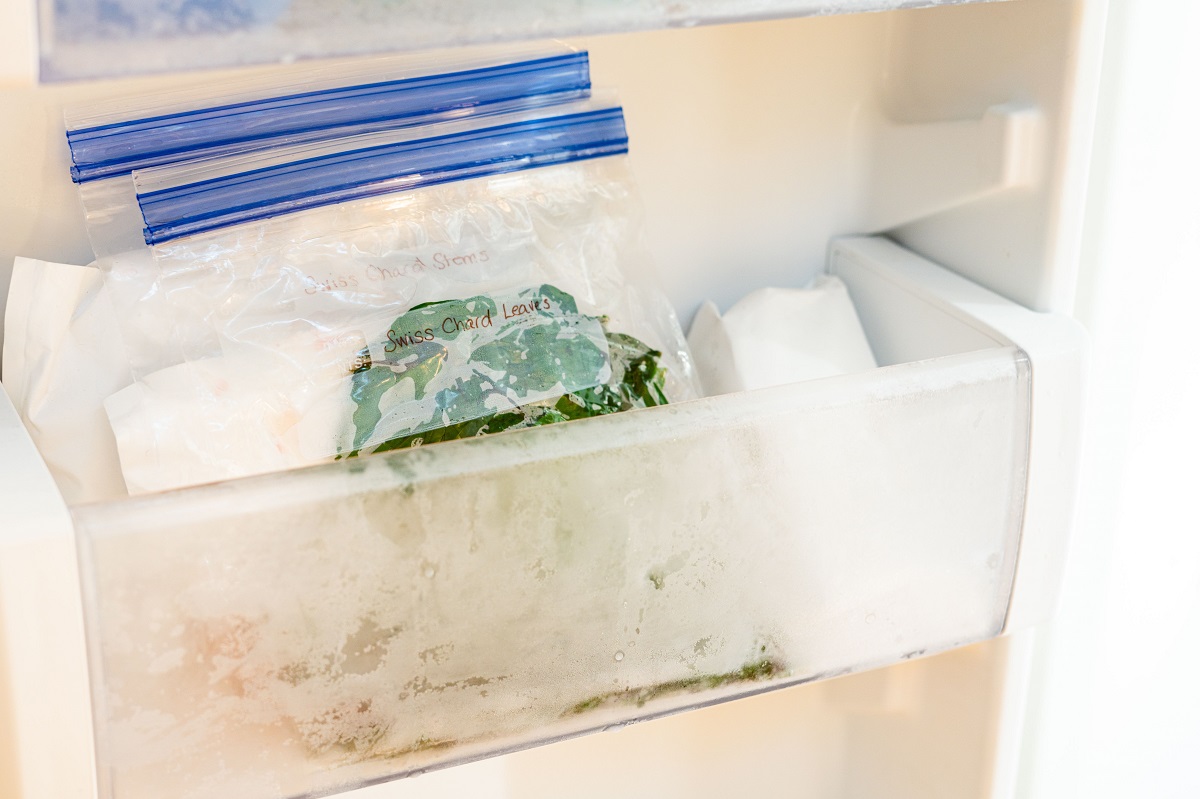

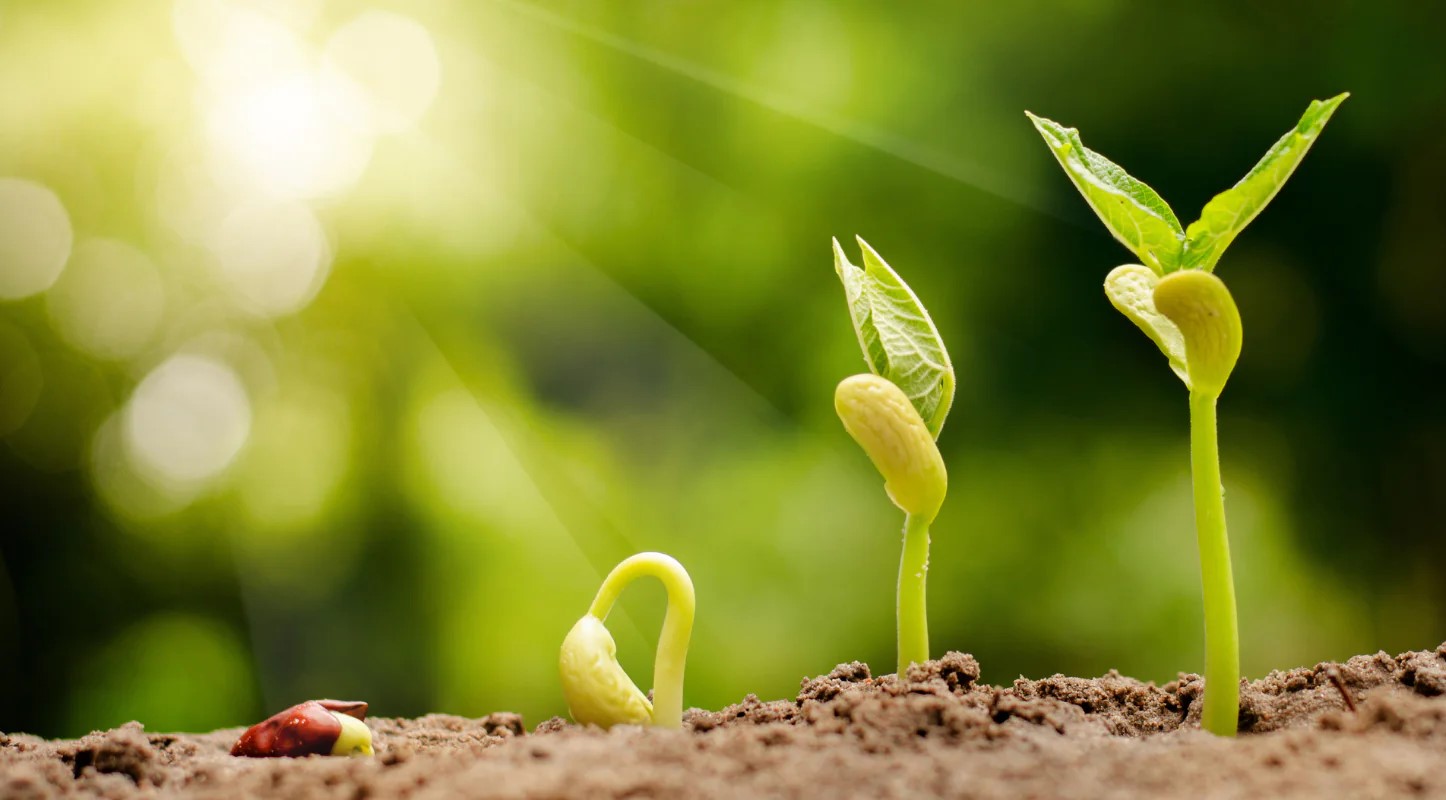
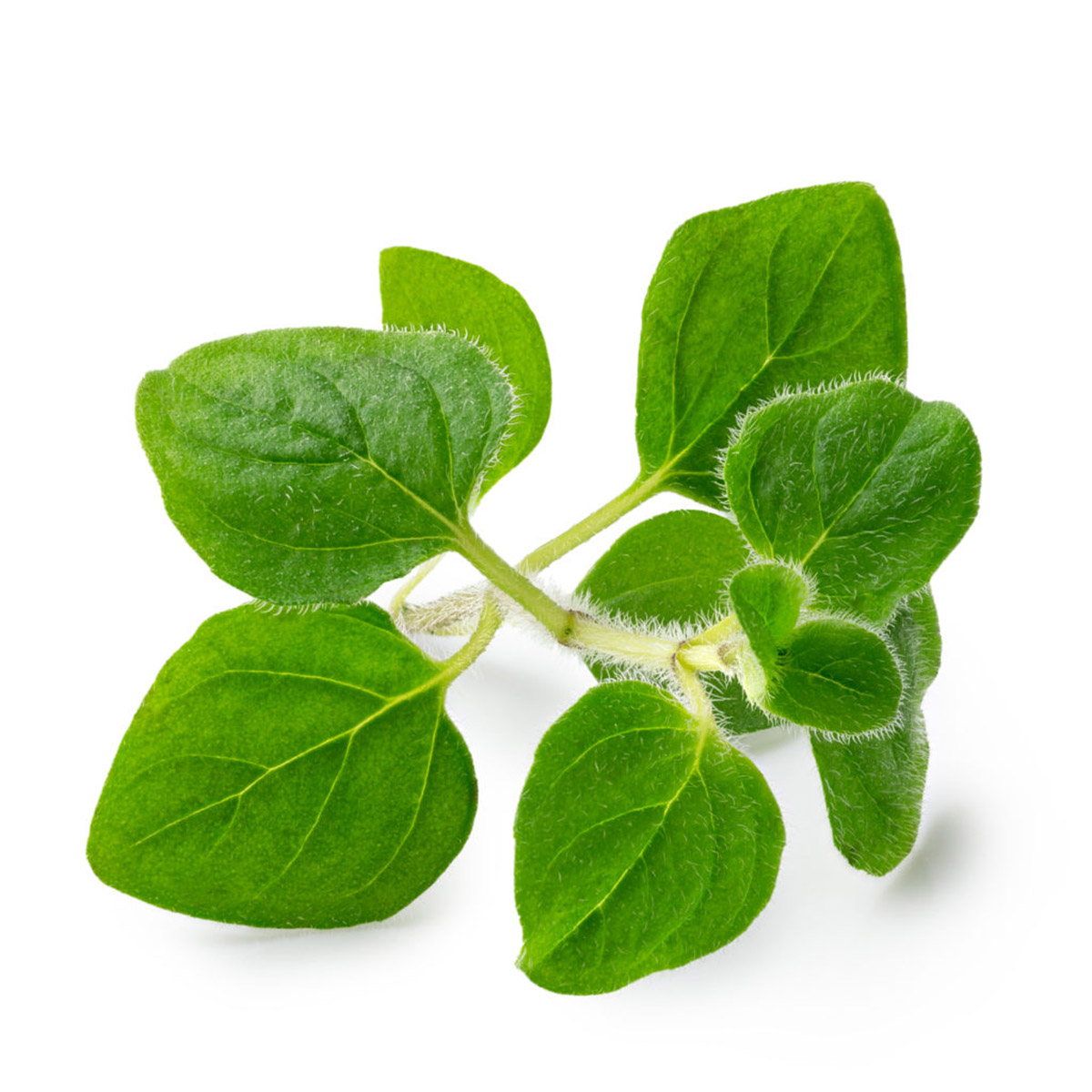
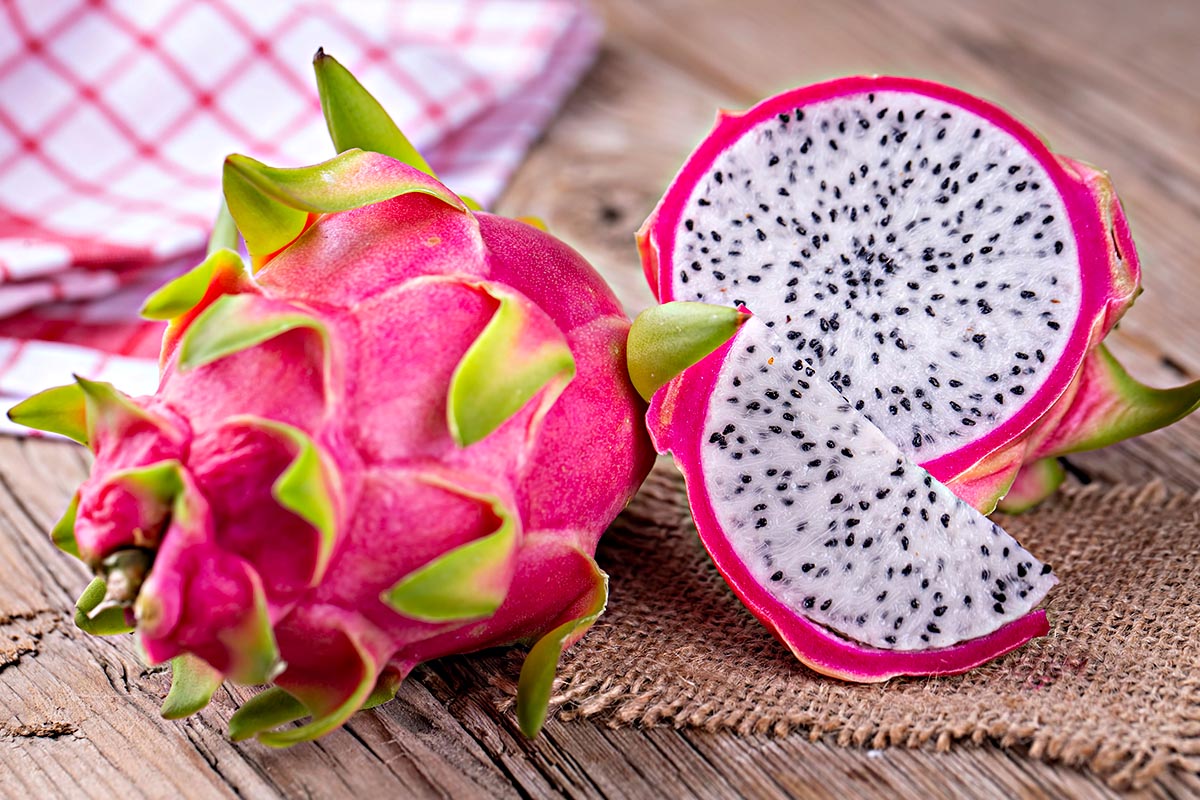
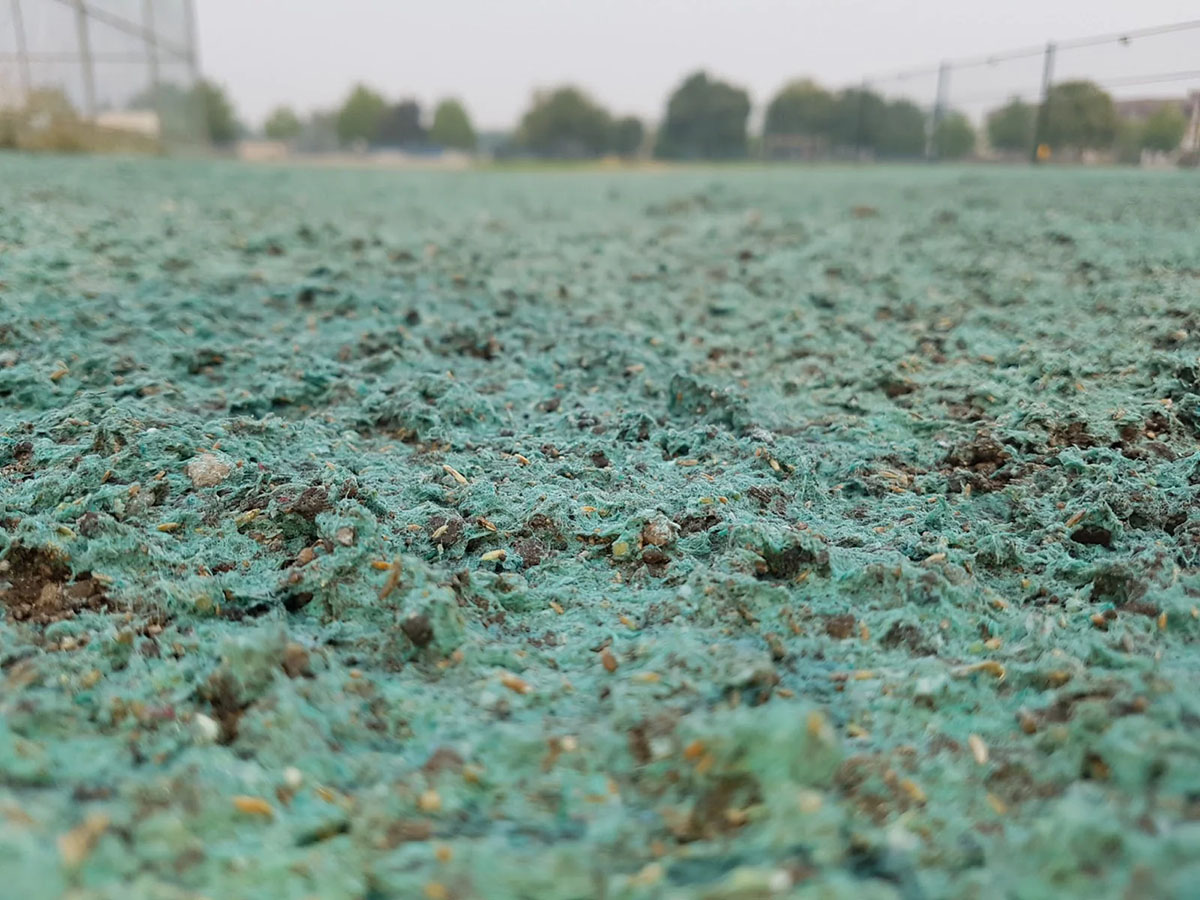
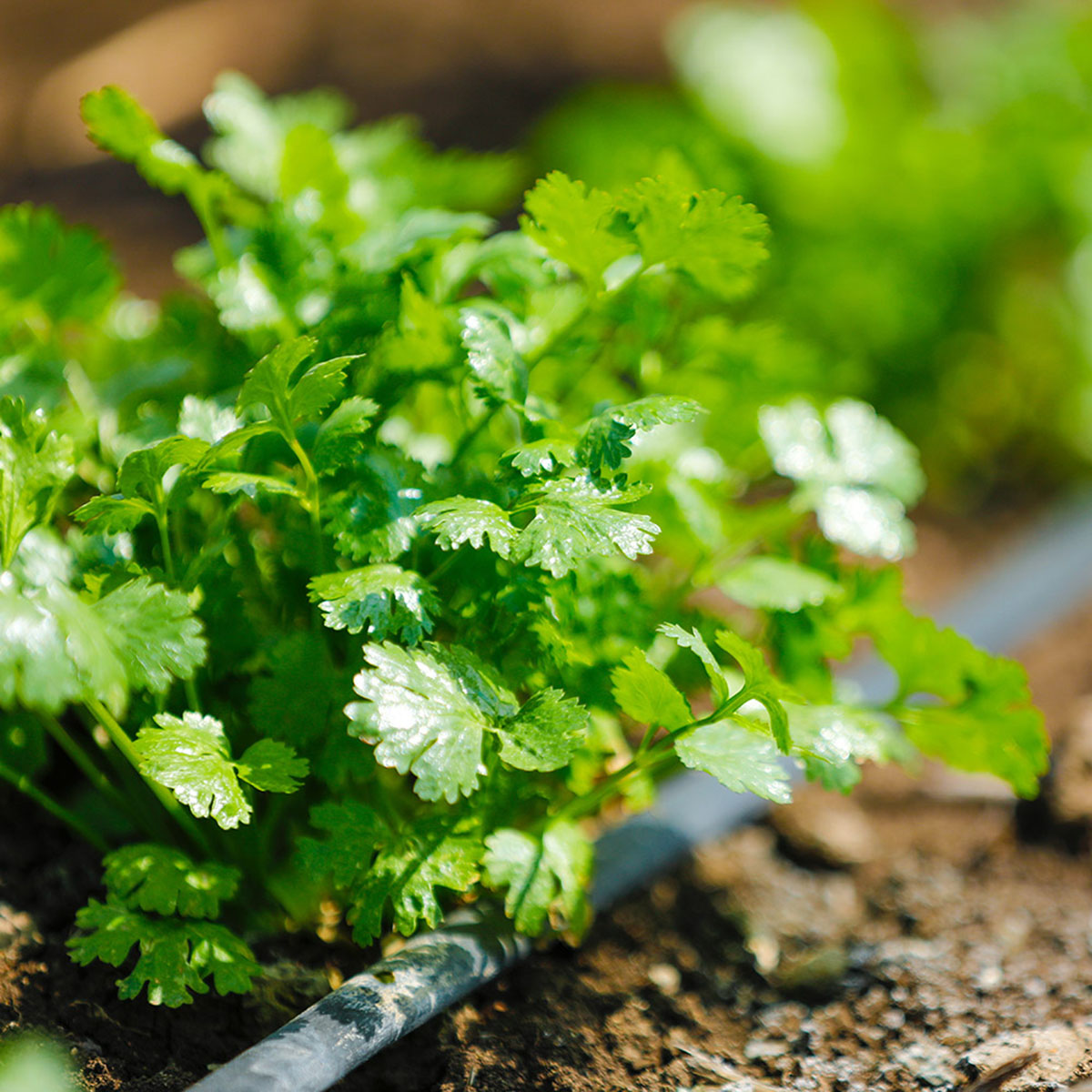
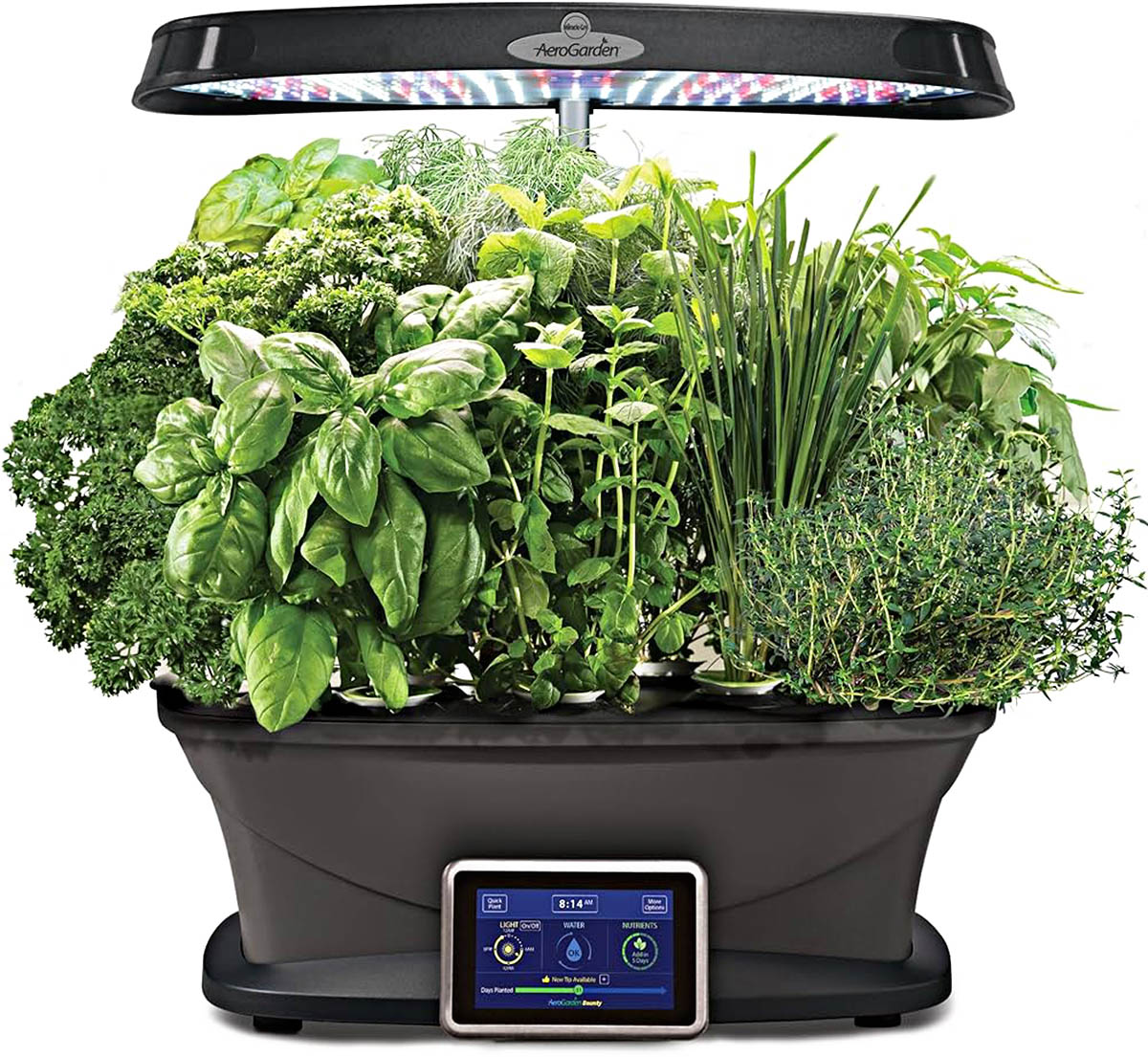

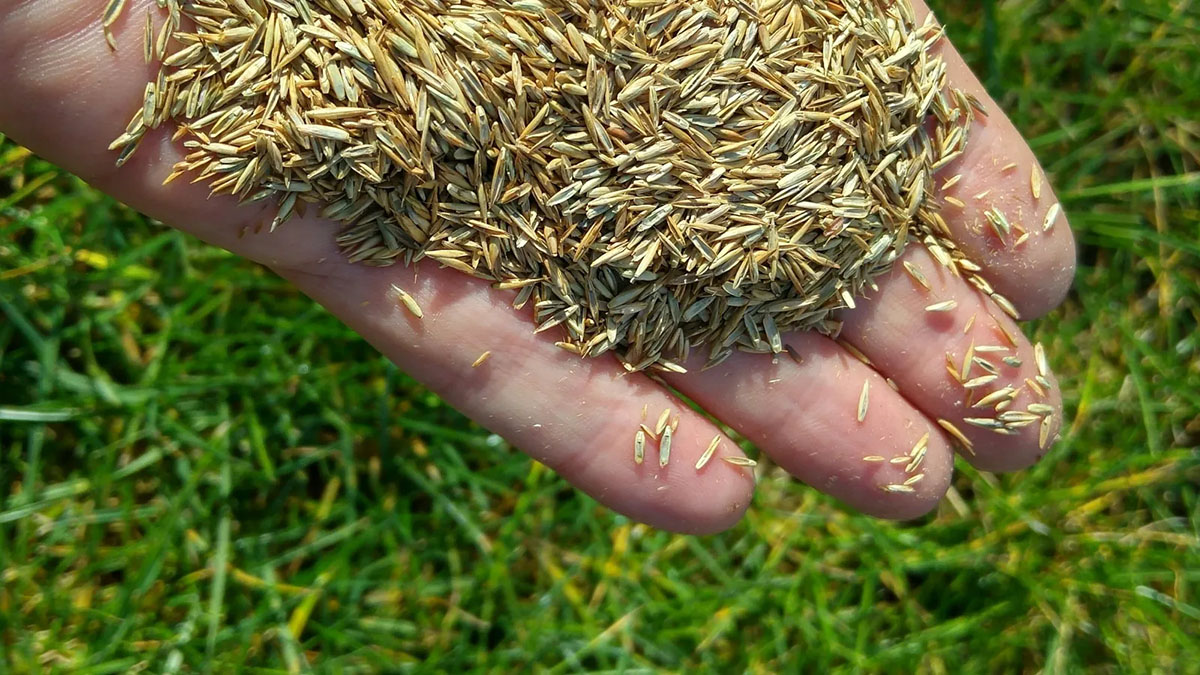

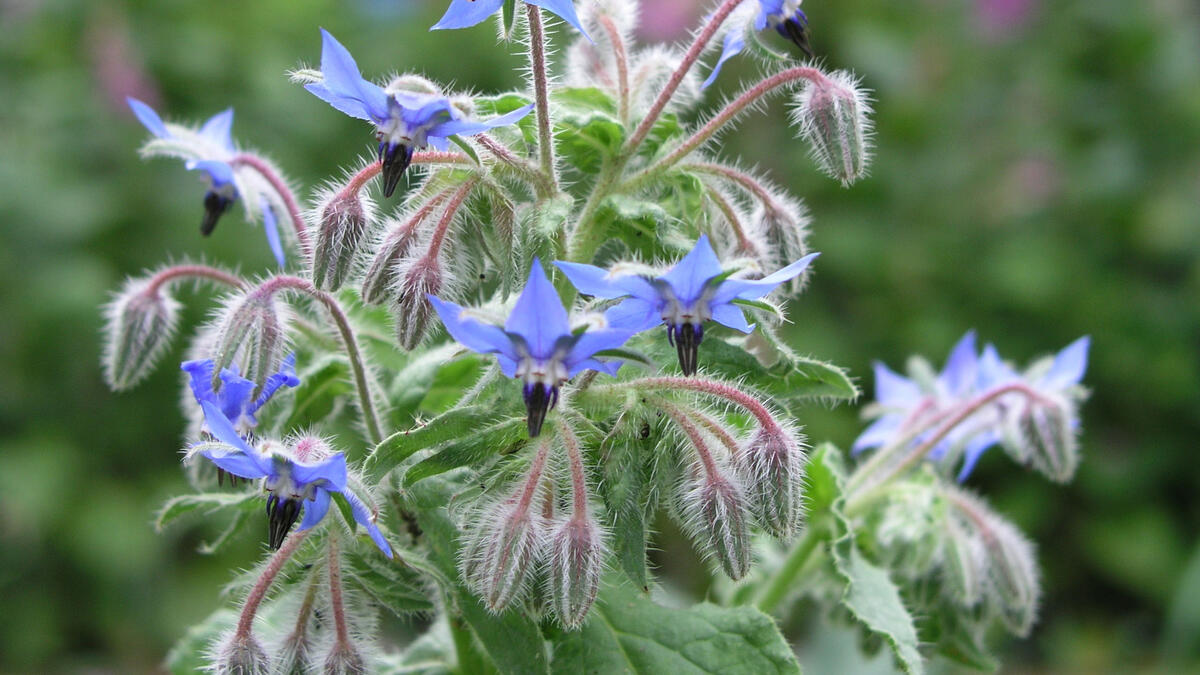
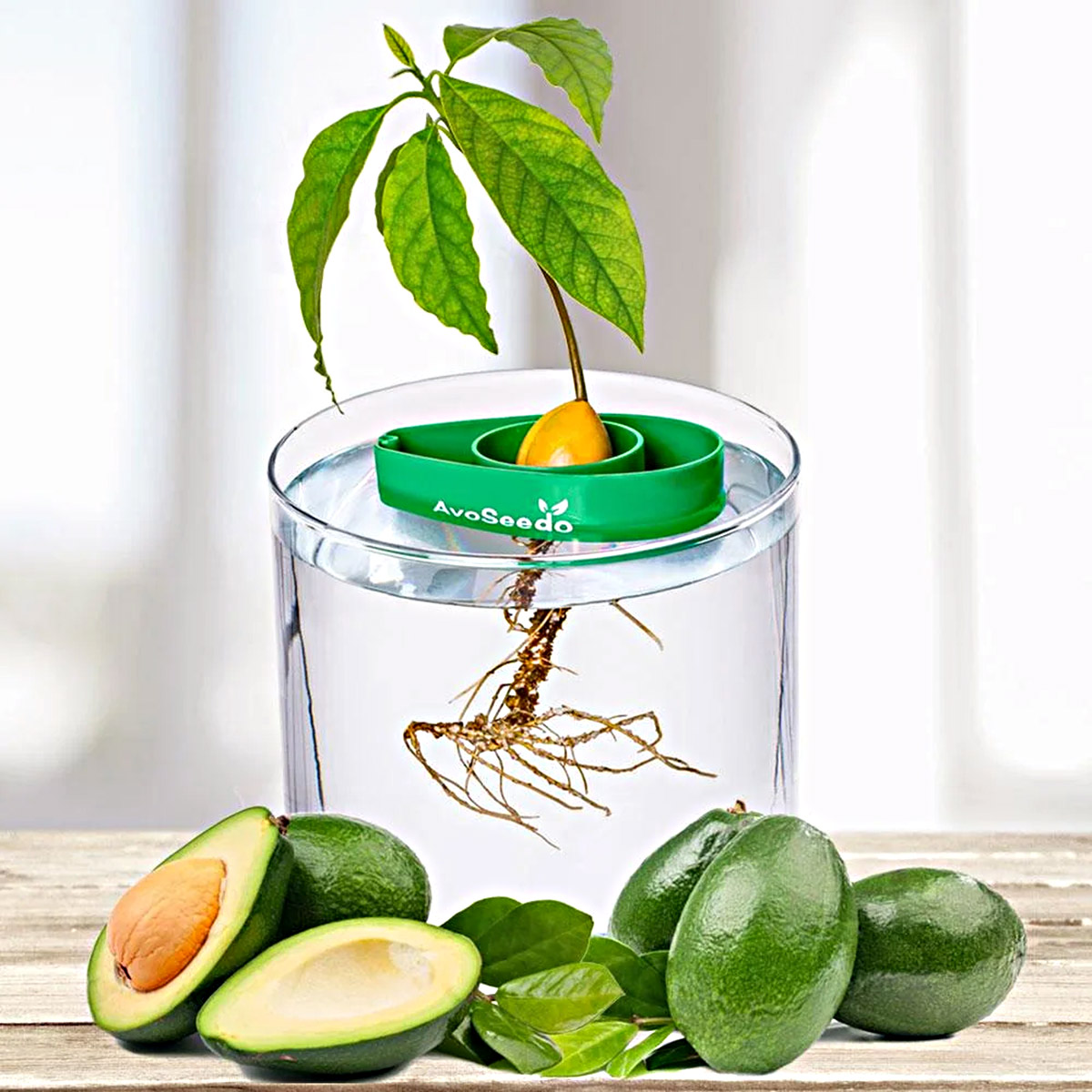

0 thoughts on “How Long Swiss Chard Germinate”